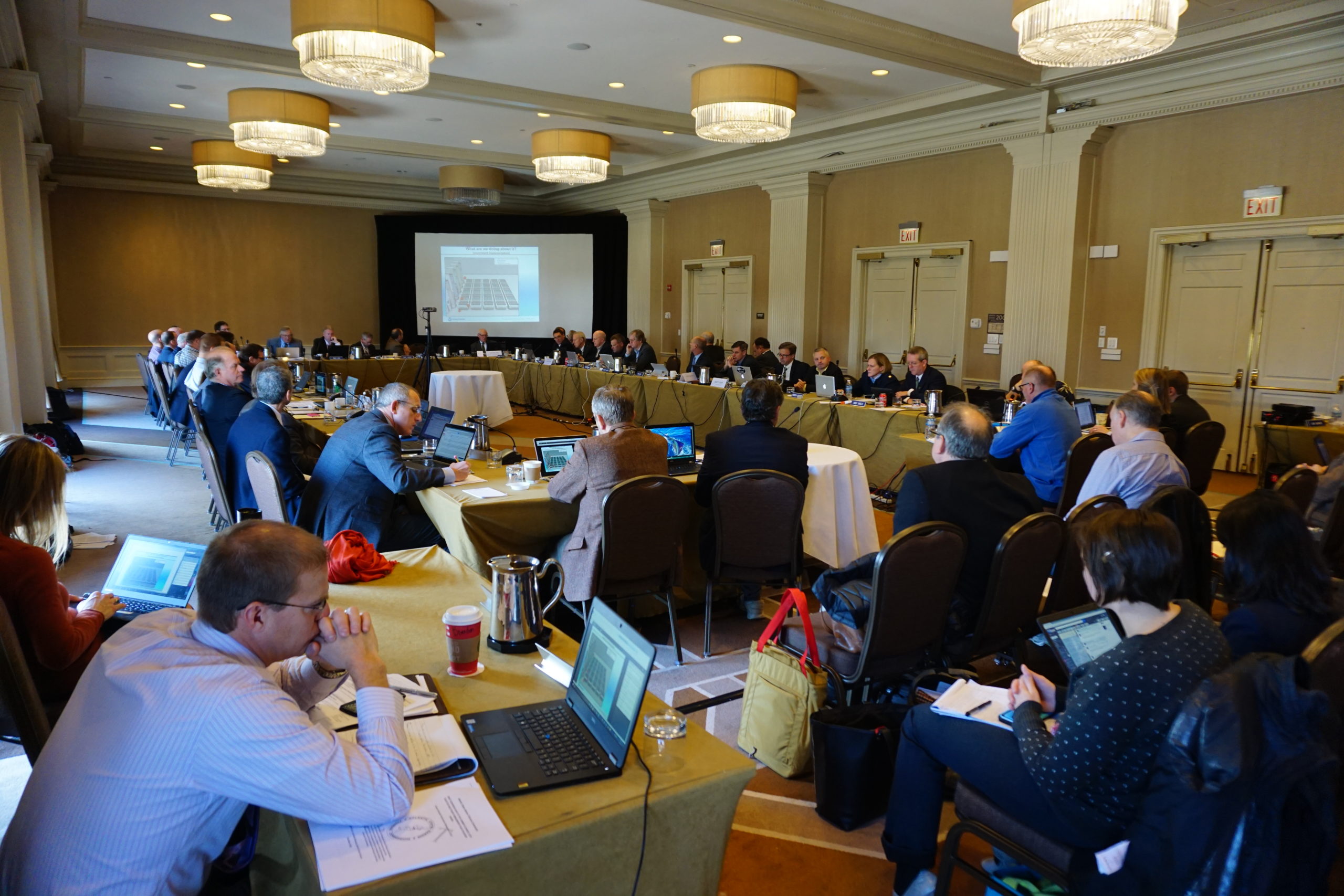
This week fisheries managers will meet virtually to begin the real-time battle over fish allocations between the sectors.
The Mid-Atlantic Fishery Management Council (Council) is meeting via webinar this week, December 14-17, 2020. Portions of the meeting will be conducted jointly with the Atlantic States Marine Fisheries Commission (Commission) and its Summer Flounder, Scup, and Black Sea Bass Management Board, Bluefish Management Board.
Briefing documents are now available on the December 2020 Council Meeting Page.
A detailed agenda is also available online, but among the topics to be discussed are 2021 Recreational Specifications for Scup, Black Sea Bass, Summer Flounder, and Bluefish, Recreational Reform Initiative Updates and Summer Flounder, Scup, and Black Sea Bass Commercial/Recreational Allocation Amendment.
Written comments may be submitted using the online comment form.
Capt. Harvey Yenkinson of Vetcraft Sportfishing out of Cape May, NJ and a longtime contributor to The Fisherman said the angling public needs to be aware that the Council and Commission are currently accepting public comment on the split between commercial/recreational allocations.
“We need more folks to chime in or the comments will be dominated by the commercial sector and may influence the decision making,” Yenkinson said saying that this is an important time for the angling public to weigh in and be heard.
“We really need to make it easier for the angling public to understand the process and be willing to comment if we want to make some headway on this issue,” he said, adding “I do what I can speaking up at the advisory panel level, but much more is needed.”
Capt. Yenkinson has been an active participant in fisheries management for years while serving on the Council’s fluke, sea bass, and scup advisory panel and had the following comments regarding the allocation amendment as it relates to the Marine Recreational Information Program (MRIP) used to monitor angler harvest.
I would like to comment on the proposed fluke/sea bass/ scup commercial/recreational proposed quota allocations. When the revised MRIP data was implemented , management adjusted stock status size, mostly from MRIP data (recruitment played a part too). After accepting MRIP changes for stock size status, the commercial sector was given a 49% (3.98 million pounds) increase in quota
It seems only logical and fair, that if NOAA is going to accept new stock size predictions based on new MRIP data, and subsequently raise the commercial quota (and recreational RHL), that MRIP data be used to correct the allocation quotas based on the same MRIP numbers
As illustrated in the briefing comments, a decrease in commercial quota, can often be made up in ex vessel price which tends to increase with decreasing supply. Furthermore, the commercial sector just realized a 49 % increase in quota giving the sector an in poundage mentioned above.
If the commercial sector loses some poundage due to a change in allocation, the sector is still experiencing an increased quota over what it was prior to MRIP revisions. If the commercial sector were to lose 10% of allocation (1.1 million pounds), the sector has still enjoyed a substantial increase in quota over pre MRIP revision quotas.
I would further comment that a catch based allocation (like is currently used for scup) should be implemented for fluke and sea bass as well. This system penalized each sector for its’ own dead discards. By utilizing this methodology, sectors would be more likely to adapt measures that would reduce the inefficiency in both sectors.
I further would suggest that quota allocation be based on similar years of inclusion to when the original quotas were established.
Based on all of these comments I would choose:
Fluke: option 1 a 2
Scup: option 1 b 3
BSB: option 1 c 2.
As far as phasing in the allocations, I would choose option 1 d 3 as I feel that is most fair to the commercial sector
As far as quota transfers, I would choose option 2a status quo. I choose this as I think quota transfers are a poor practice, causing maximum pressure on our species. When a quota is not used, it allows the stock to rebuild in that time frame.
As per the agenda, the allocation discussions will be held on Wednesday, December 16. To join the webinar during the meeting go to http://mafmc.adobeconnect.com/december2020/.
Please note that participants will be required to use the Adobe Connect application. The browser option will not be available. More detailed instructions are available on the meeting page. For telephone-only access, dial 800-832-0736 and enter room number 7833942# when prompted.
Questions? Contact Mary Sabo, [email protected], or 302-518-1143.